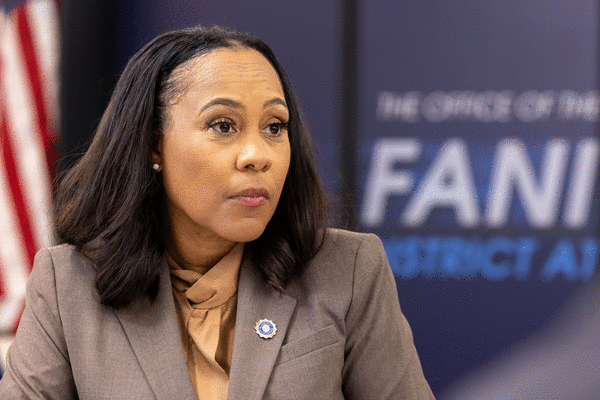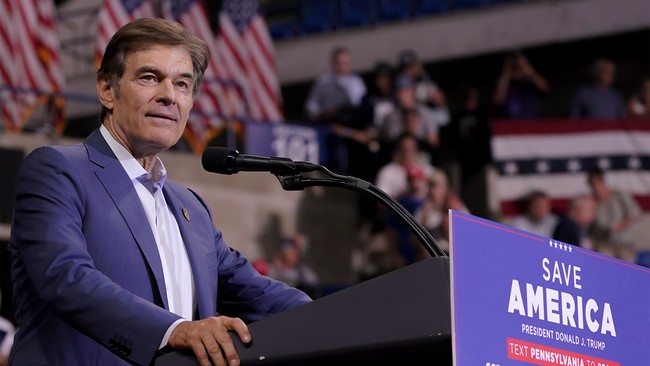Dutch Political Crisis Unfolds Amidst Violence in Amsterdam
The aftermath of violence during a football match in Amsterdam has escalated into a significant political crisis in the Netherlands, with key figures either resigning or calling for introspection on integration issues.
Published November 17, 2024 - 00:11am

Image recovered from arabnews.com
The recent violent incidents in Amsterdam following a football match between Ajax and Maccabi Tel Aviv have sent shockwaves throughout the Netherlands, instigating a national debate on integration, racism, and political stability. The clashes, marked by anti-Semitic and Islamophobic slurs, as well as vandalism and violence, have stirred deep concerns within Dutch society, leading to significant political repercussions.
In the streets of Amsterdam, known for its diverse and tolerant communities, the scenes of violence have not only increased tensions but also highlighted underlying societal divides. Supporters of Maccabi Tel Aviv were attacked by groups on scooters, leading to a chaotic aftermath where Dutch police had to ramp up their security efforts. These events unfolded against a backdrop of a Europe grappling with an increase in hate crimes related to the ongoing conflict in Gaza.
The political fallout has been equally intense, with Dutch Justice Minister David van Weel taking center stage in Parliament, vowing accelerated investigations into 29 suspects connected to the incidents. Wilders, a far-right MP known for his anti-Islam rhetoric, has fanned the political flames by suggesting the involvement of Muslims and Moroccans, prompting strong rebuke from opposition parties who accused him of inciting further hatred.
The violence has also triggered a political crisis that has rocked the coalition government led by Prime Minister Dick Schoof. In a dramatic turn of events, the Secretary of State for Finance, Nora Achahbar, resigned amidst accusations of racism and displeasure over the handling of the situation. Her resignation threatened to destabilize the NSC party's coalition position, which could potentially collapse without its 20 seats supporting the ruling coalition led by Wilders' PVV party.
Media sources indicate that Achahbar's resignation was fueled by her objection to racially charged discussions during a Cabinet meeting, highlighting a deep-seated rift within the government over issues of race and ethnicity. Her departure called for urgent talks among coalition leaders, with Schoof later confirming the government's unity despite Achahbar's departure.
The international dimension unfolded as well, with reports that Israeli authorities had sent detailed dossiers linking local Dutch organizations to Hamas, suggesting external interference in Dutch politics. This move drew criticism for potentially inflaming an already sensitive situation and further emphasized the geopolitical ramifications of local incidents.
Nora Achahbar's departure from the Cabinet has not been the only consequence. The broader impact on government functionality has been significant, with discussions urgently seeking to stabilize the response and uphold the coalition government's backbone during these testing times. Meanwhile, Amsterdam remains a focal point, with its local Jewish and Muslim communities expressing a mutual need for peace and understanding amidst these turbulent times.







